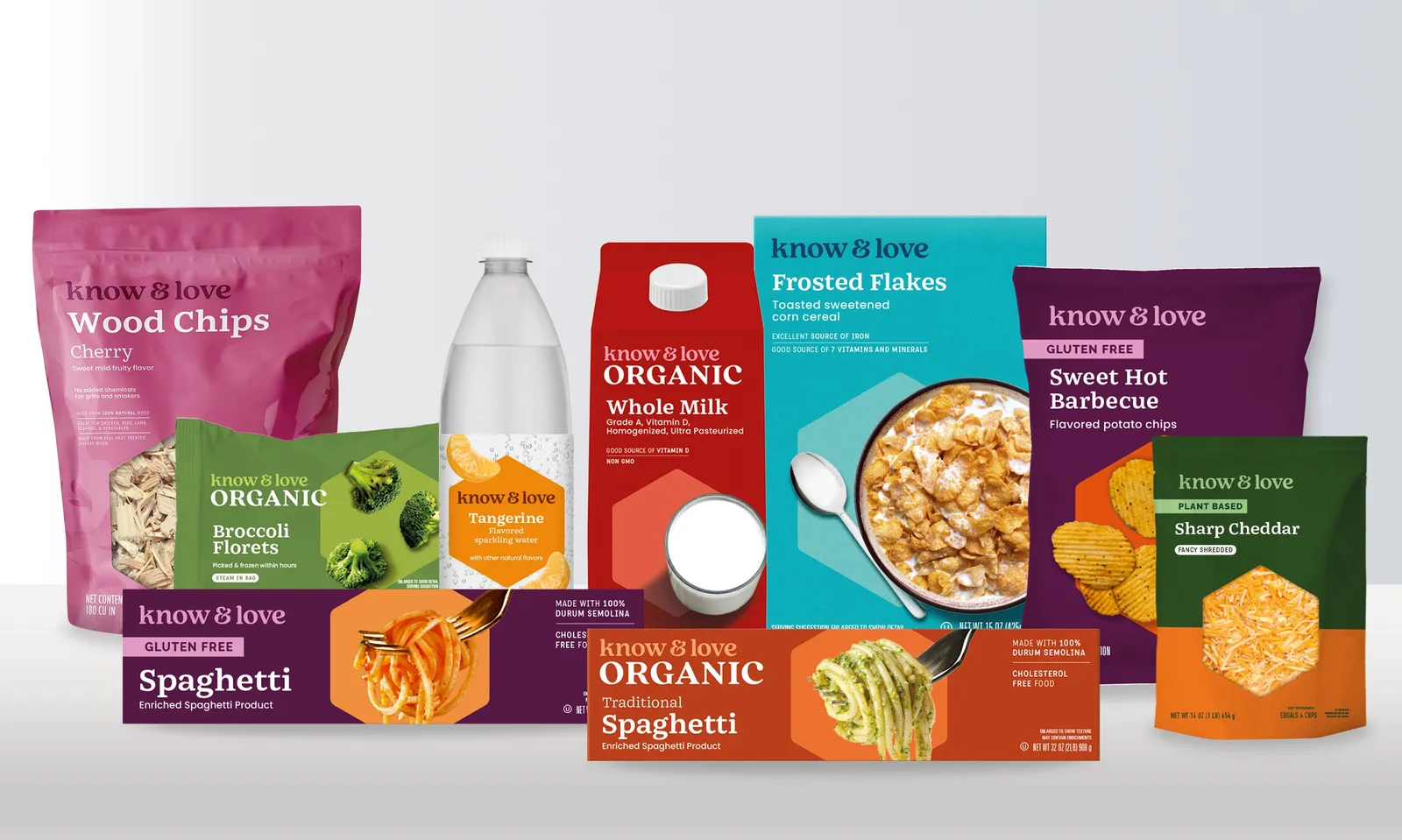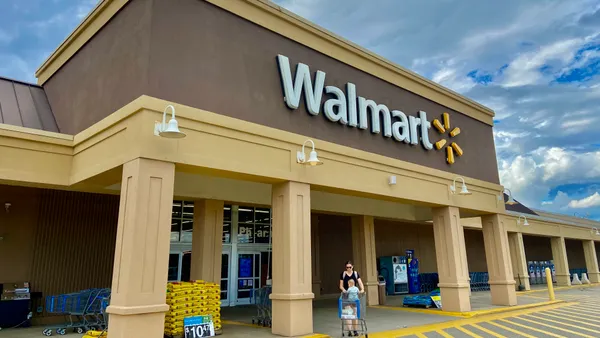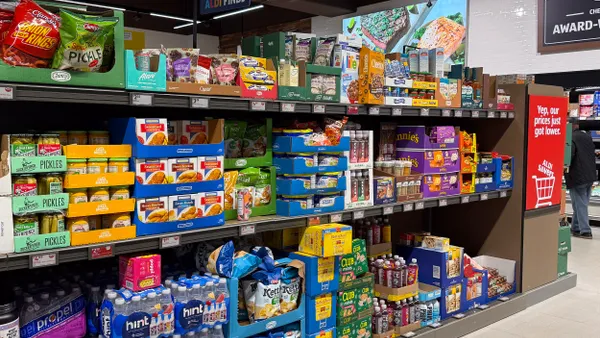Grocers will face continuing pressure to deliver value to shoppers during the rest of the year and into 2024 as consumers across the income spectrum remain heavily focused on saving money, according to a report published Monday by consulting firm McKinsey & Co.
More than 70% of shoppers who took part in a survey of 2,011 consumers McKinsey conducted in July said discounts are more important to them now than a year ago. A similar proportion of respondents to the survey indicated they are more concerned about the final price of a grocery item than about the size of the discount they might be receiving.
The report, “The state of grocery in North America 2023,” noted that shoppers’ quest to save money has placed added importance on private brands and suggested that people’s elevated interest in buying store-branded goods could continue even if economic conditions stabilize. Eighty-three percent of participants in McKinsey’s survey of shoppers said they believe a grocer’s own products are at least as good as name brands, and almost 90% indicated that a retailer’s own products offer similar or superior value.

Even as people place a heavy premium on value when they shop for groceries during the months ahead, a substantial number are also willing to pay more for goods that they perceive to be sustainable, McKinsey found.
Overall, 28% of respondents to the firm’s survey of consumers said they would spend more to obtain products that are environmentally friendly. The figure was sharply higher for members of Generation Z and Millennials, with almost 50% of respondents in each of those groups saying they would pay more for products that are better for the environment.
McKinsey also said its research indicates that personalized experiences will matter significantly to shoppers going forward, noting that a survey it fielded in 2022 found that 80% of consumers are more inclined to buy a product when they have a customized experience.
Looking ahead, generative AI will also play a significant role in how retailers interact with shoppers, the report said.
“Over the past two to three years, retailers that emphasized personalization have raised the bar for consumer experience. The most successful grocers will continue to invest in personalization and omnichannel capabilities to attract, engage, retain, and deliver value to customers,” according to McKinsey’s report.
McKinsey also said it expected grocers to step up their efforts to diversify their operations as a way to keep up with changing consumer demands and find new ways to bring in revenue. Those initiatives could include entering new categories and selling business-to-business services, the firm said.
“Grocery retailers have an attractive set of options for strategic expansion. As margin pressures persist, they should identify growth areas beyond the core to build a broader ecosystem of services and offerings that expand the consumer value proposition, build capabilities, and improve the financial profile of the business,” McKinsey said.
McKinsey also noted in its report that labor shortages have remained an issue for grocers in 2023, pointing to a survey it conducted in January that showed that 44% of frontline retail workers were thinking of leaving their jobs within the next three to six months. Twenty-eight percent of the 30 CEOs who participated in a survey McKinsey fielded during February and March cited labor shortages as their top challenge in 2023, according to the report.













